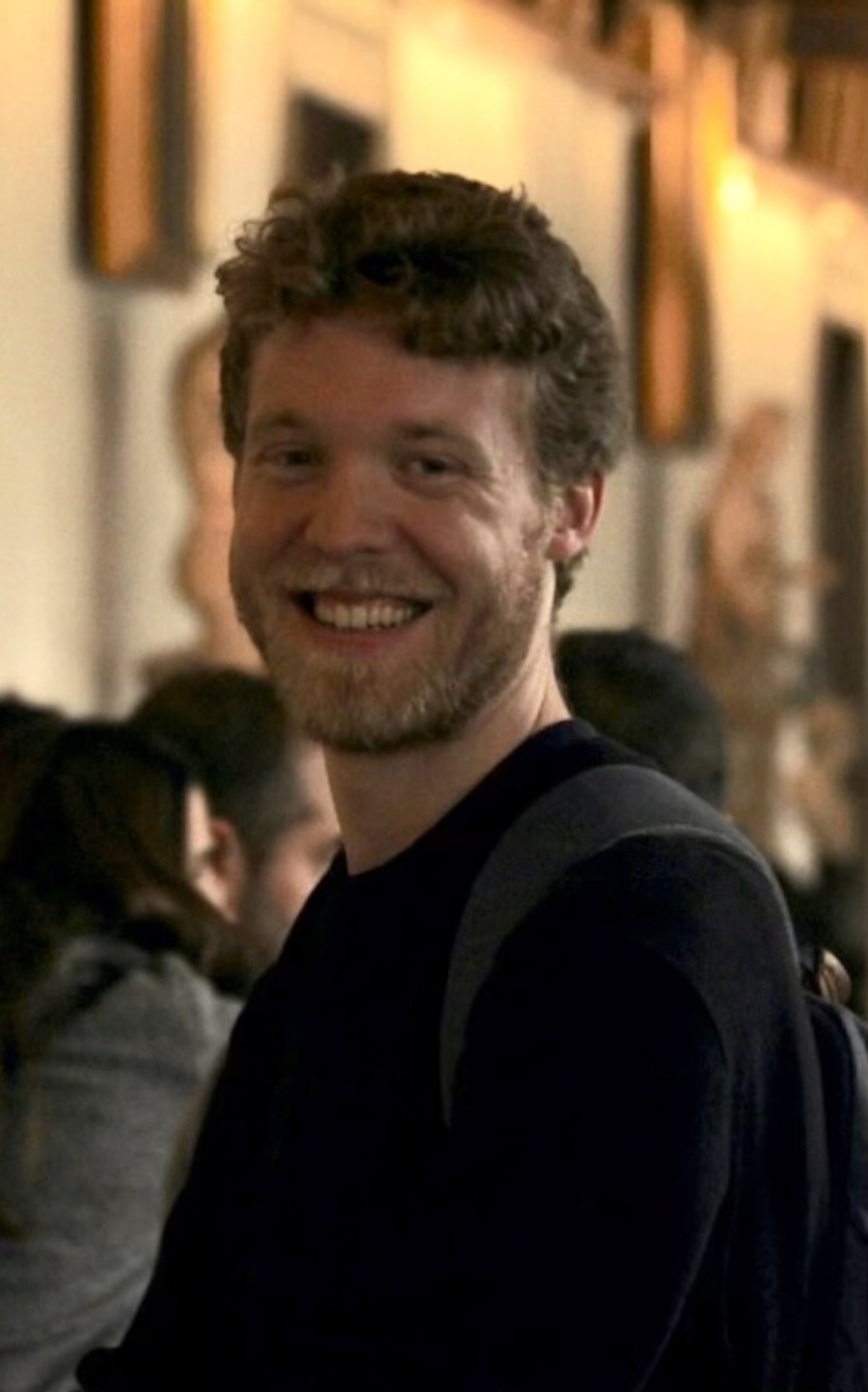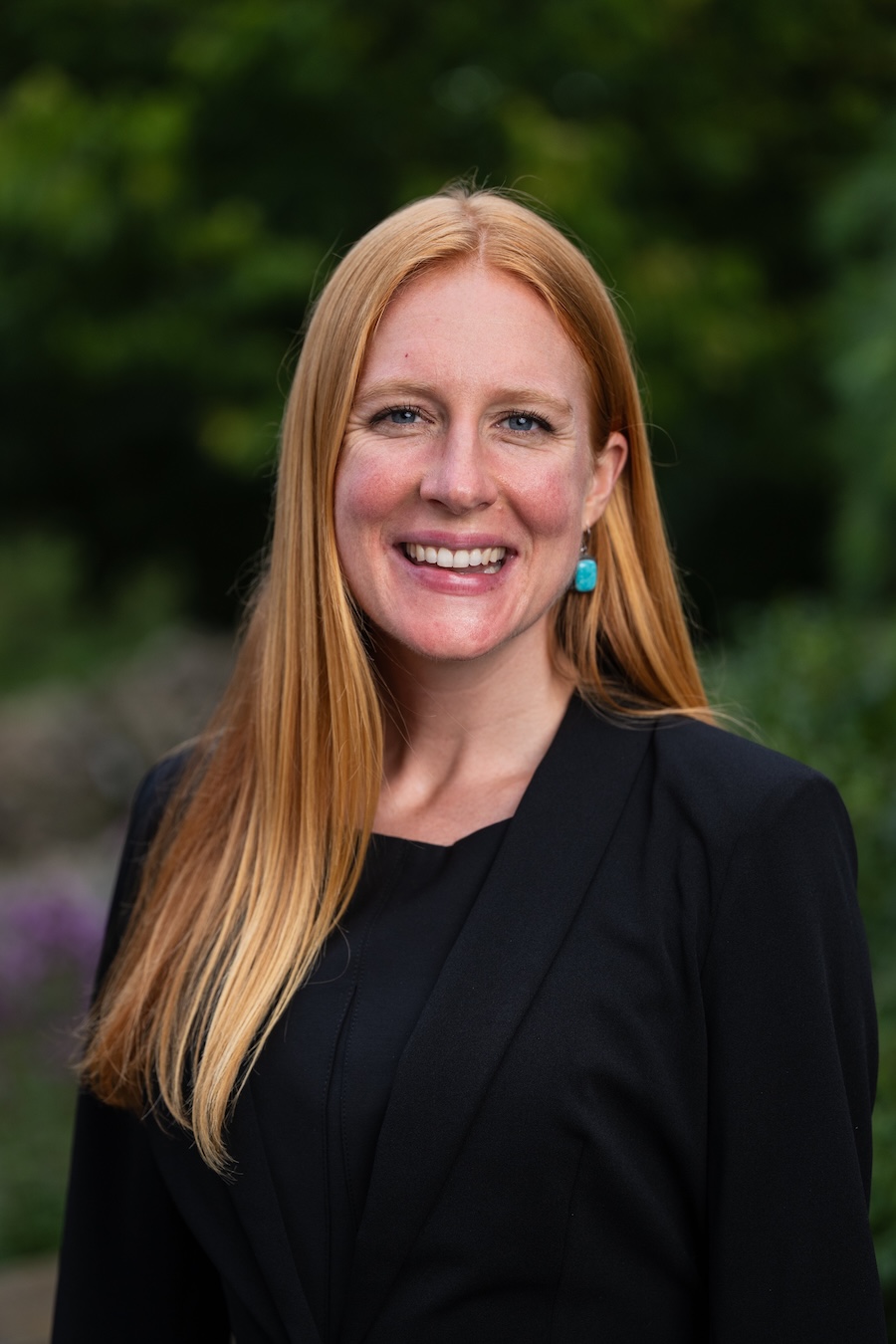What have you been up to since graduating from Bowdoin?
After graduating from Bowdoin, I spent three years in Vienna, Austria, as a high school English teaching assistant for the Austrian Ministry of Education, Science, and Research. Each summer, I returned to Maine to teach German and French in the University of Maine’s Upward Bound program. Last year, I began a master’s degree in German at the University of Wisconsin–Madison, focusing on Germanic linguistics. My current research explores language contact between German and BCMS (Bosnian, Croatian, Montenegrin, and Serbian) in Vienna.
Why anthropology?
I have always been fascinated by different cultures and languages, so anthropology was a natural choice for me. After taking an introductory course my first semester at Bowdoin, I never really looked back. Though my jobs and studies since graduation have not been strictly anthropology related, I believe that majoring in anthropology prepared me for them exceptionally well. Teaching world languages also involves teaching a great deal of culture, and my degree has helped me convey this to my students, whether in an Austrian high school classroom discussing American music or in an American college classroom exploring Austrian culinary traditions.
Are there any classes, professors, or experiences that had a lasting impact on you?
Language, Identity, and Power with Krista Van Vleet and Contemporary Arctic Environmental and Cultural Issues with Susan Kaplan were probably my two favorite courses in the department. I also thoroughly enjoyed writing my honors thesis on French Canadian music in Maine, advised by Sara Dickey and Professor Van Vleet. That said, I never had an anthropology course or professor at Bowdoin I didn’t like! The faculty are all incredibly kind and supportive, and their diverse areas of expertise allow anthropology majors to explore many different facets of the human condition during their time at the College.
What advice would you give to current students or recent graduates interested in your field?
Don’t listen to the naysayers! I am especially grateful to carry its lessons with me every time I travel and whenever I interact with people from different cultures.


